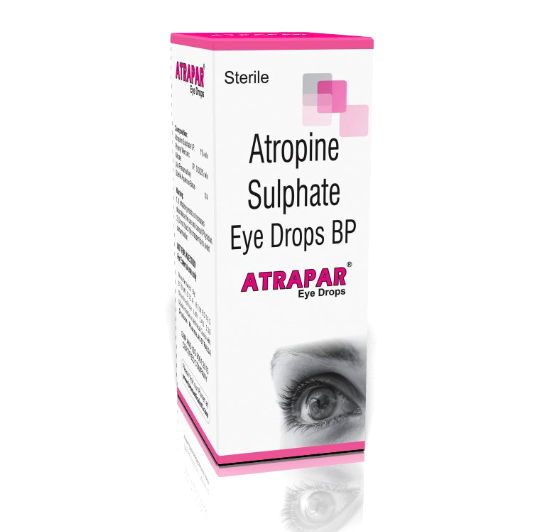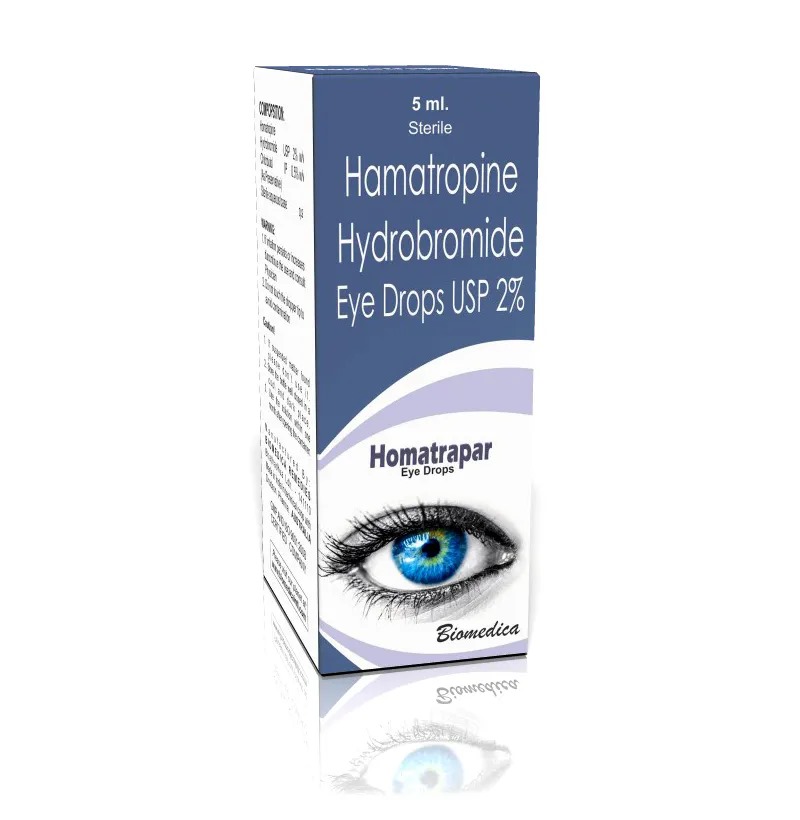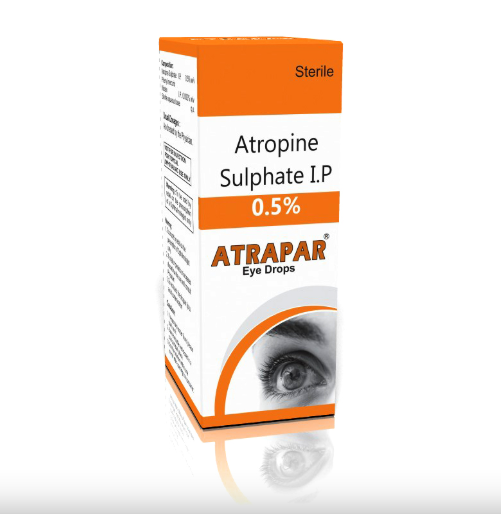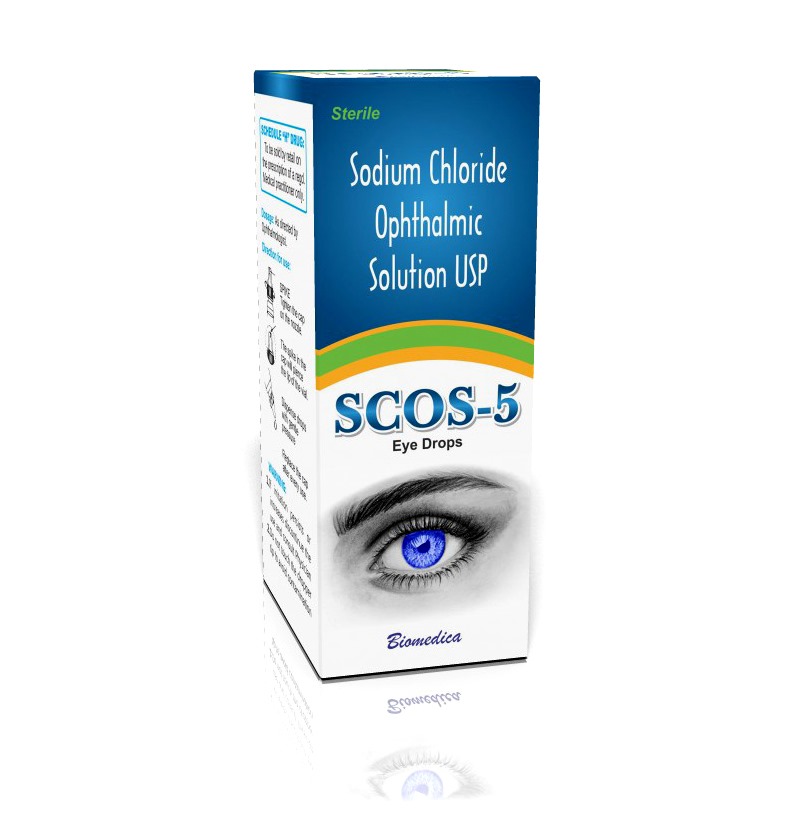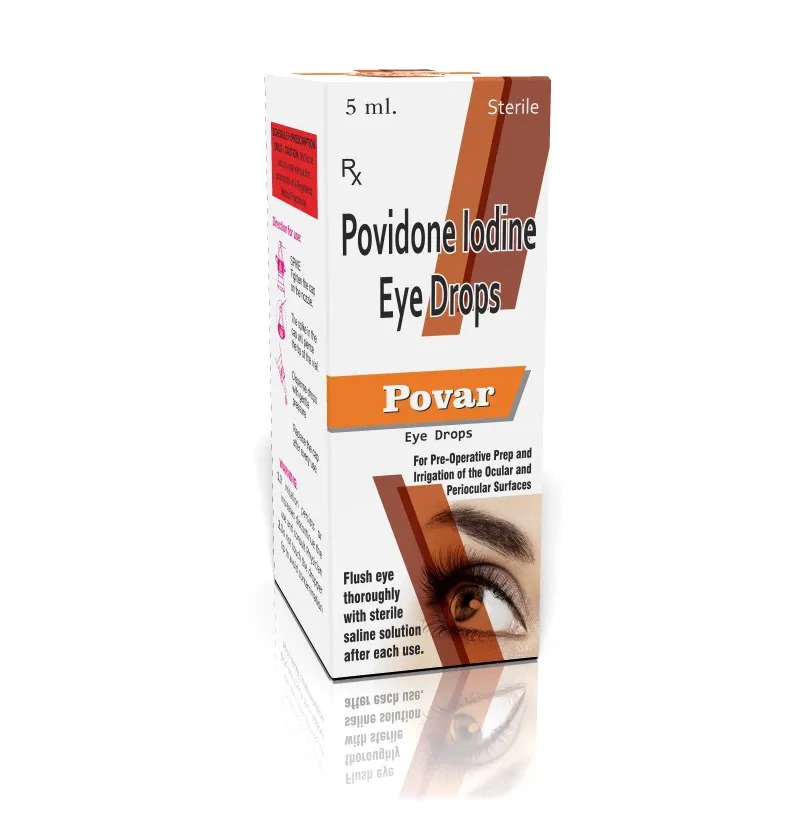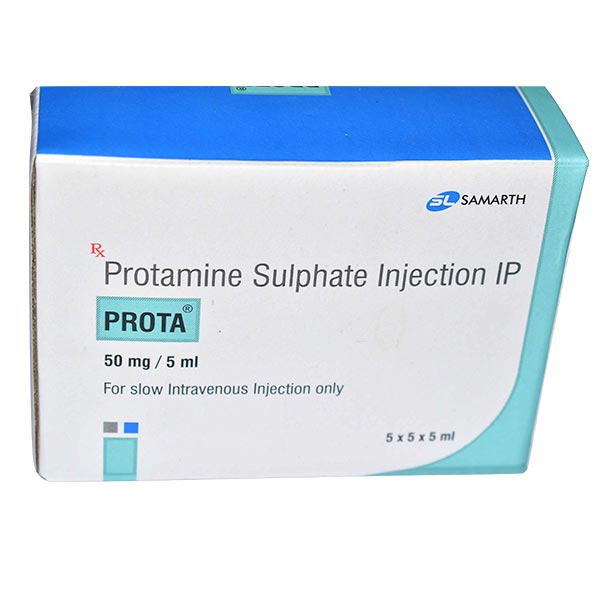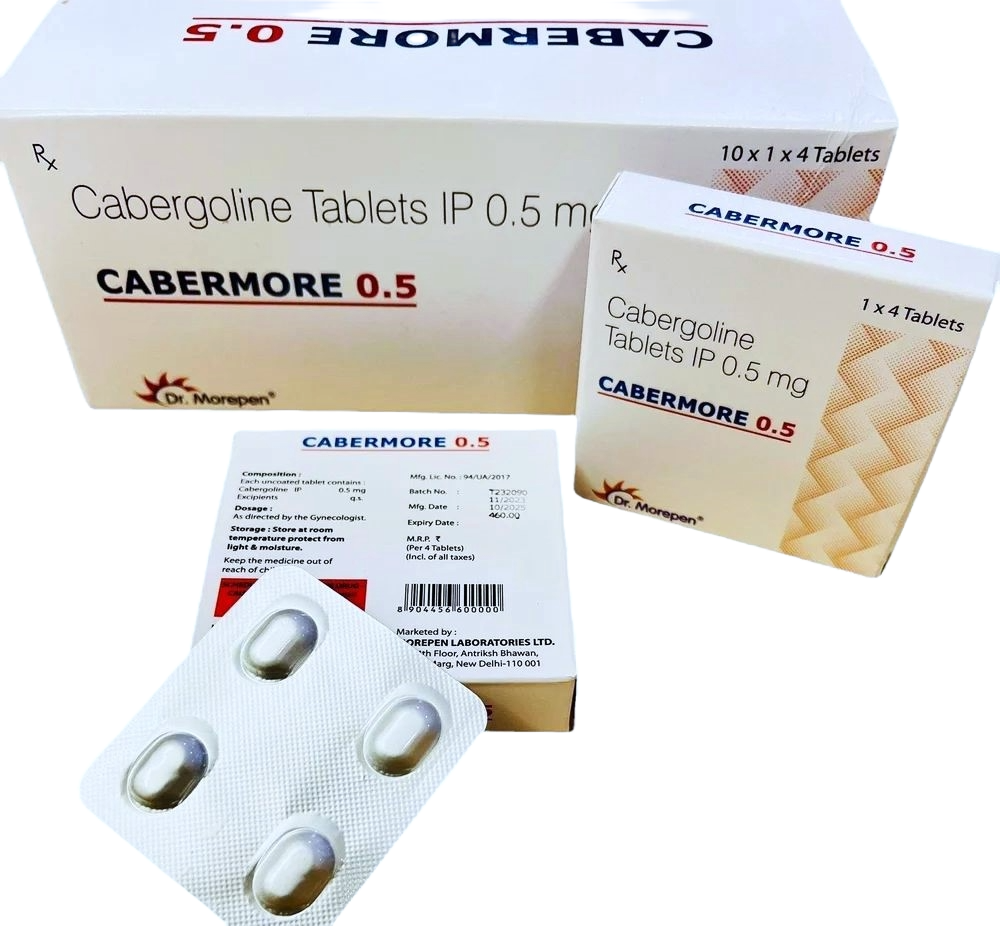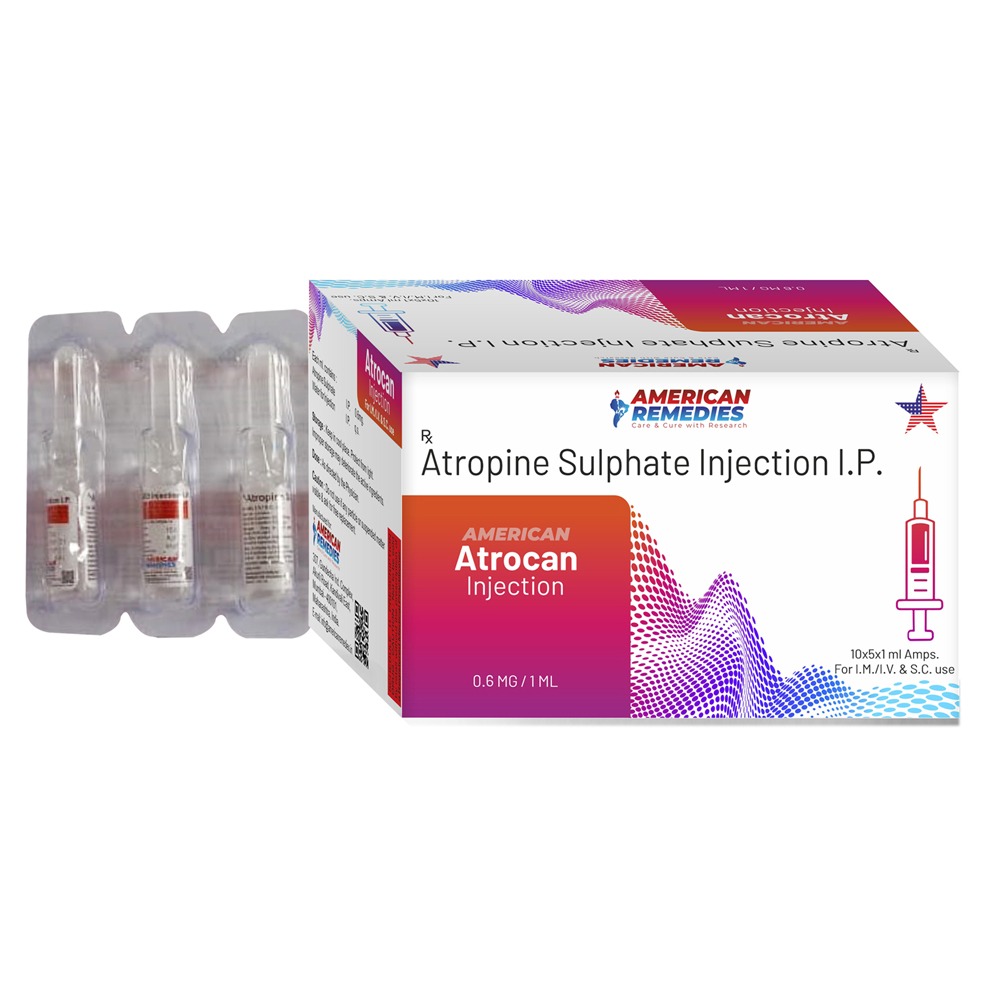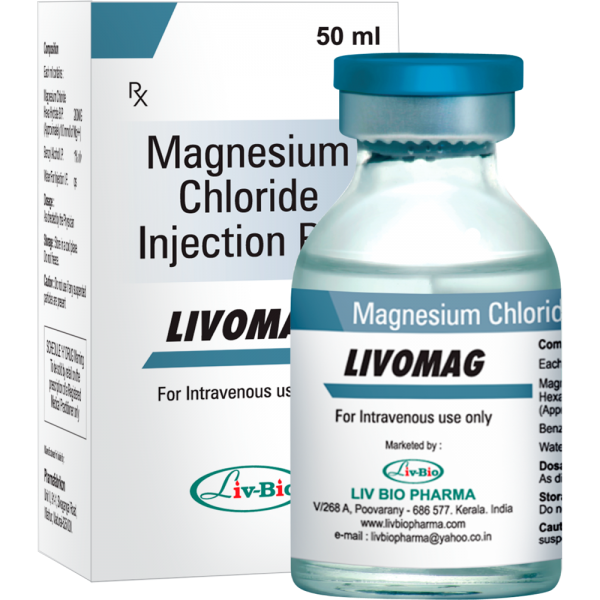Atropine 1% Sulphate Eye Drops are a type of eye medication that contains atropine sulfate, which is an anticholinergic agent. It is primarily used for its effects on the eye and is commonly prescribed for a variety of ophthalmic (eye) conditions. Uses of Atropine 1% Sulphate Eye Drops: Pupil Dilation (Mydriasis): Atropine is often used to dilate the pupil (mydriasis) during eye exams, allowing the ophthalmologist to better examine the retina and the back of the eye. This is one of the most common uses of atropine eye drops. Treatment of Uveitis or Iritis: It can be used in the treatment of conditions like uveitis or iritis, which are inflammations of the uvea or iris. Atropine helps to relax the muscles of the eye, reducing pain and preventing the iris from sticking to the lens (a common complication of inflammation). Cycloplegia: Atropine causes cycloplegia, which is the paralysis of the ciliary muscle in the eye. This can be used to treat certain eye conditions or to relax the eye muscles during an eye exam. Prevention of Post-Surgical Adhesions: After eye surgery, atropine can help to prevent adhesions (scar tissue) from forming between the iris and the lens, aiding in the recovery process. Treatment of Nearsightedness (Myopia): In some cases, atropine drops are used to slow the progression of myopia (nearsightedness) in children. This use is less common but has been explored in research studies. How It Works: Atropine works by blocking the action of acetylcholine, a neurotransmitter that controls the contraction of the muscles in the eye. This results in pupil dilation and paralysis of the accommodation (focusing) mechanism, helping to manage various eye conditions. Important Considerations: Side Effects: Common side effects may include blurred vision, sensitivity to light (photophobia), dry mouth, and eye irritation. In rare cases, systemic effects like confusion or rapid heart rate can occur, especially if the medication is absorbed into the bloodstream. Use with Caution: It is important to use atropine drops under the supervision of a healthcare provider, as overuse or misuse can lead to complications, especially in children or the elderly. Avoid Driving: Since atropine causes blurred vision and sensitivity to light, it's important to avoid activities like driving or operating heavy machinery until you know how the medication affects you. Dosage: The specific dosage will depend on the condition being treated. For pupil dilation during eye exams, typically, one or two drops may be instilled in the affected eye(s). For other conditions, your doctor will prescribe the appropriate frequency and duration. As always, follow your healthcare provider’s instructions carefully when using this medication. If you experience any severe side effects or if you have concerns about its use, consult your doctor immediately.
Send Message